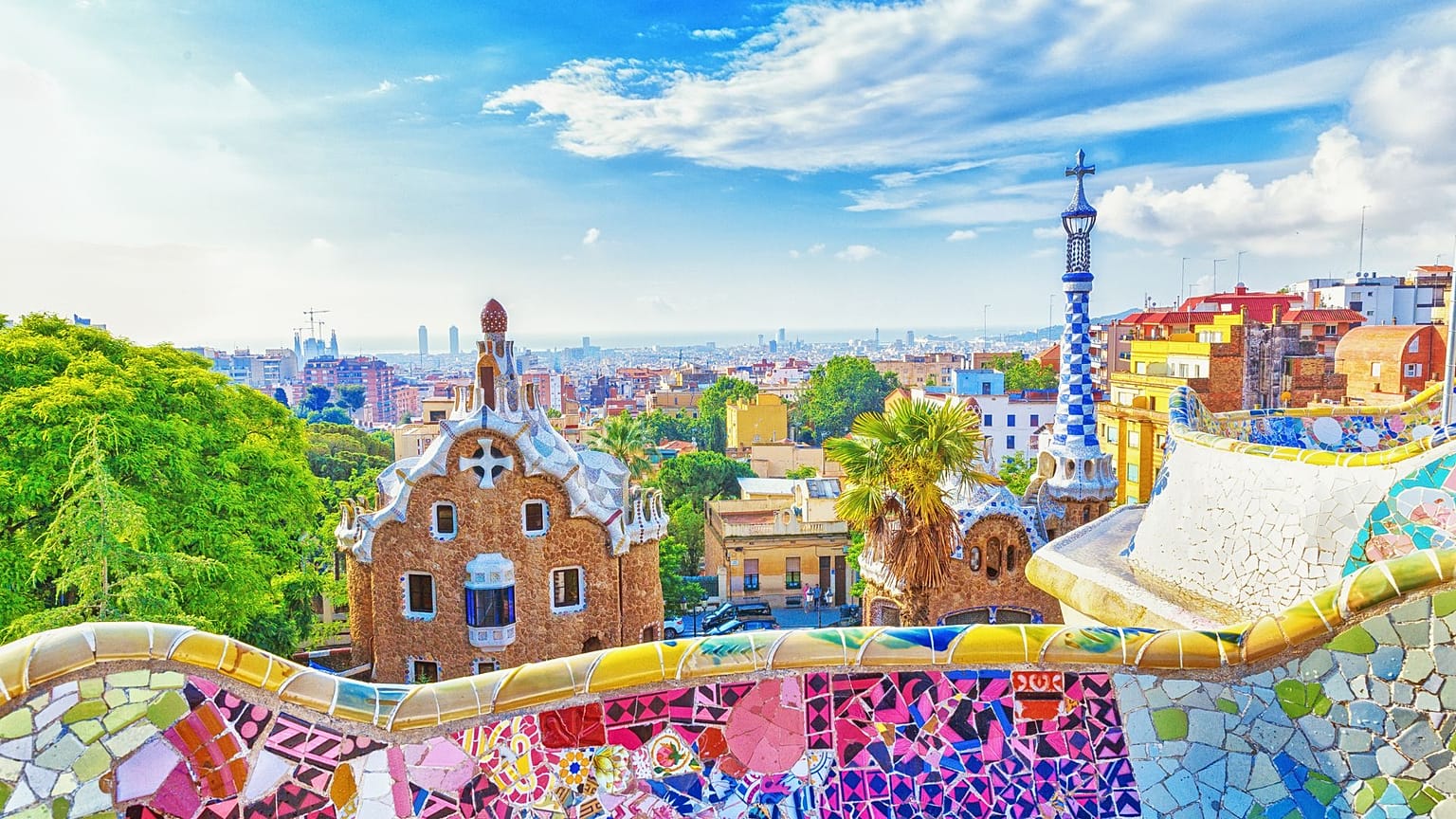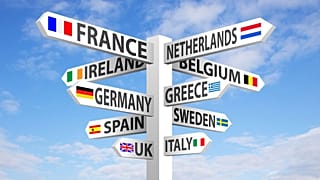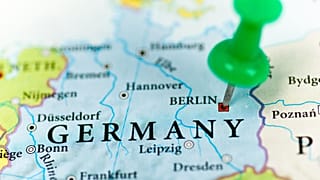By Kirstie McDermott
We’re on the move in Europe again, at least if data from a recent Indeed Hiring Lab report is anything to go by.
While moving was curtailed by the COVID-19 pandemic, the report points out that migration is a permanent feature of European society, with over 8 per cent of the nearly 450 million residents of the EU born outside its borders.
The ability of workers to move across borders is vital for the proper functioning of the labour market, and data from the employment website Indeed shows that Europeans are back researching job opportunities with gusto.
They tend to search mainly within Europe: from January to April 2022, the bloc was the destination for 62 per cent of cross-border searches made by Europeans.
It’s not surprising. For IT workers, in particular, Europe’s diverse territories represent a rich seam to mine, offering some of the world’s largest and most dynamic tech hubs at their fingertips.
From the big centres of London, Paris, Berlin and Stockholm to smaller players like Dublin and Amsterdam, and the up-and-coming tech cities such as Tallinn, Nicosia, Oslo, Bucharest and Riga, there is a wealth of choice for those in the sector.
Barcelona is getting more attractive
Barcelona, too, has emerged as an important tech hub, attracting workers and investment, as well as the arrival of multinational tech companies such as Microsoft and Google, plus the growth of its own thriving start-up scene.
Its emergence as a tech hub can be traced back to 2012, according to research from Harvard. The adoption of “smart city” technologies helped to make the city a centre for the young IoT industry.
These days, one out of every five people living in the city is foreign, according to census data, and Barcelona's foreign residents are on average more highly educated, with over 40 per cent having a higher education qualification. That compares to a 30 per cent average for the whole city.
So why live and work here? The obvious answers of great weather, good food, and a cosmopolitan city life where the beach is never too far away are just part of the answer.
Strong startup culture
According to Catalonia Trade & Investment, VC interest in the city has placed it fourth in Europe in funding rounds as of 2021, placing Barcelona ahead of Amsterdam and Munich, and just behind Paris, Berlin, and Stockholm.
Catalonia-based startups raised €1,479 million in 2021, or 246 per cent more than 2020, to net the highest figure on record.
A total of 207 rounds of investment were closed by the region’s startups in 2021 with 51 percent coming from rounds of over $100 million.
Barcelona is also ranked as the seventh hub for EU startups in terms of future unicorns, with 15 companies in the region primed for unicorn status.
As it stands, the city is already home to six unicorns: Glovo, Letgo (now OfferUp), Travelgo, Adevinta, Wallbox, and eDreams Odigeo.
Barcelona start-ups to know about include Tennders, a European digital forwarder that simplifies the way shippers, carriers, and brokers work.
RIP Foods, a pioneering plant-based solution, including plant-based gyozas.
Jolders, a social network for small and medium businesses powered by blockchain technology, and Nanoligent, the aim of which is research and development on clinical phases of innovative cancer treatments, based on protein nanoparticles.
Greentech is a growing sector here, thanks to the Barcelona Green Deal, an economic roadmap for the city to 2030.
As part of the plan, €672 million will be invested to reactivate the city following the COVID-19 pandemic, while also benefiting the environment.
A number of notable sustainability startups have appeared, including Dexma. This company has produced an energy-saving tool called DexCell, which allows users to monitor and control their energy consumption in order to conserve energy and be more eco-conscious.
Big names to know
The globally-known names of Airbnb and Amazon, HP, Microsoft, Ubisoft and TheFork all have presences in Barcelona.
In fact, Amazon has described Barcelona as the “ideal city” in which to set up an R&D centre. The company has significantly increased its presence in Catalonia over the last few years and has expanded to have 10 operations centres in the region by the end of 2021.
Major corporations are drawn here by an educated workforce, the city's innovation culture, and a fast-evolving digital ecosystem.
ICT is a growing sector both in Barcelona and in Spain as a whole. According to the Barcelona City Council, the area now has more than 2,150 ICT companies, 210 technology parks, centres, and research facilities, and nine international facilities such as the Barcelona Supercomputing Centre.
The Catalonia region accounts for a quarter of all IT companies in Spain and generates 20 percent of national turnover in ICT.
Pharma, too, is big news here. Thanks to the city’s impressive network of medical institutions, hospitals, and research centres, Catalonia has the densest pharmaceutical ecosystem in Europe and exports 45 percent of the industry total in Spain, according to the Invest in Spain website.
The region is also the birthplace of the five biggest Spanish pharmaceutical companies (Almirall, Esteve, Ferrer, Grífols, and Uriach) and home to over 1,000 companies in the life sciences industry.
A great place to live
Barcelona has developed an entire area of the city dedicated to innovation and tech development.
It’s called the 22@ Barcelona Innovation District, and began in 2000 as a government initiative, whereby the city aimed to transform the area of Poblenou into a burgeoning knowledge centre.
These days Poblenou is where the arts and tech scene is concentrated. This sprawling district is centred around the Rambla de Poblenou, along which proliferate cafés, restaurants and tapas bars.
From there, you can discover a warren of streets filled with boutiques, hotels, local housing, converted factories housing tech offices and media and production agencies, design showrooms, local parks, and much more.
A short walk takes you to the beach too. As a city-within-a-city, Poblenou offers it all, and as a result, has become a magnet for foreign workers.
According to Startup Heatmap Europe, 18 percent of startup founders choose Barcelona as their preferred place to set up shop.







